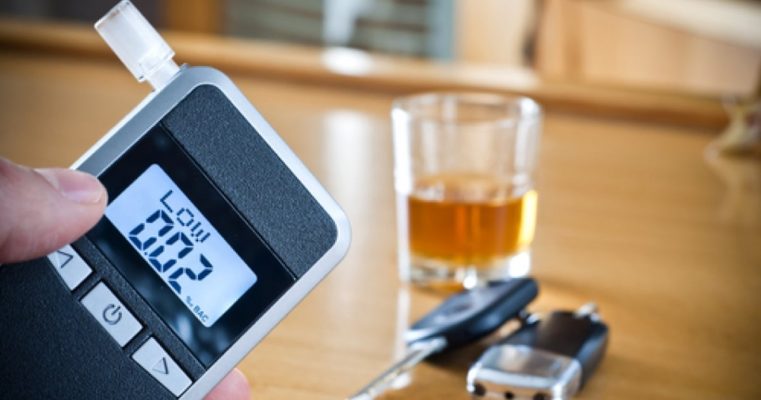Blood alcohol content (BAC) is the calculation of the amount of alcohol present in your blood, based on the volume of alcohol consumption over a given period of time. Alcohol is absorbed in the stomach and small intestine then enters the bloodstream. Within 30 to 70 minutes of consumption, BAC can be measured. However, there are a variety of variables which affect the body’s absorption of alcohol.
What Affects BAC in Colorado?
Common factors that affect BAC:
Gender – Alcohol is highly water soluble. Women have a lower water content in their bodies compared to men. Women typically register a higher BAC if they consume alcohol at a similar rate to their male counterparts, despite age and weight. Furthermore, women have fewer enzymes in their stomachs which break down alcohol less than men.
Age – The older you get, alcohol’s intoxicating effects become increasingly pronounced.
Weight – The more you weigh, the more water you have in your body. The water dilutes the alcohol, which is why larger people often take more drinks to become intoxicated.
Rate of Consumption – The quicker you drink alcohol, the more will appear in your bloodstream.
Metabolism – The rate at which alcohol is processed by the body.
Fat/Muscle Ratio – Muscles absorb more alcohol compared to fat since the fatty tissue is low in water content. Therefore, the BAC will typically be higher in a person with more body fat. This is because the alcohol must remain in the bloodstream until the liver can break it down.
Food – Food slows the absorption of alcohol in your bloodstream. As a result, if you consume alcohol on an empty stomach, your BAC will be higher than a person who ate before drinking.
Medications – Many medications, including allergy pills and prescription drugs, intensify the effects of alcohol.
If you have been arrested for DUI, contact our nationally recognized criminal and DUI Defense firm. We will fight for your rights and to retain your driver’s license. Call us at 303-830-0880 today.




